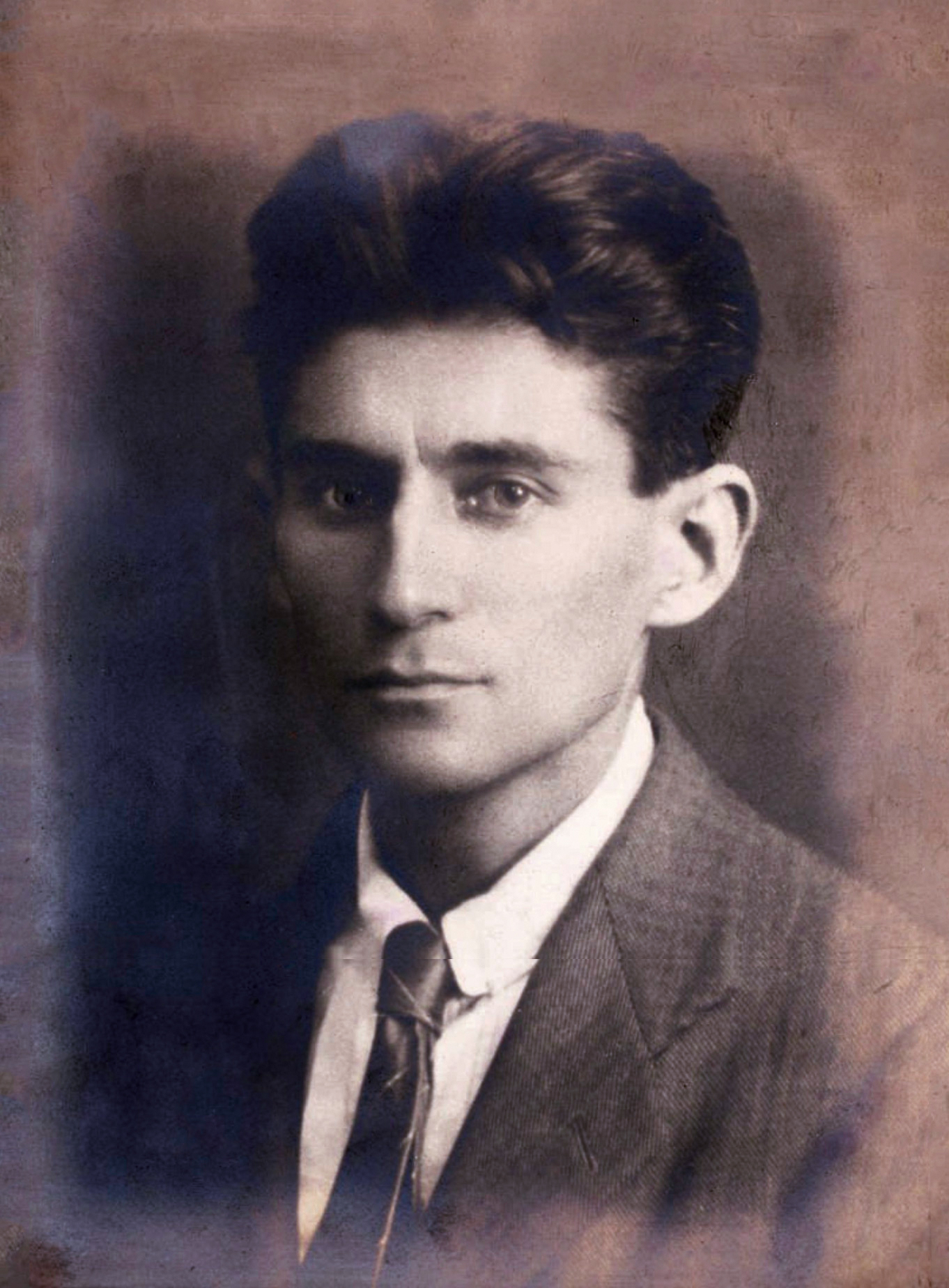Sort By:
No related papers at this time.
No related events at this time.
No related media at this time.
No related contributors at this time.
-
Latest Blogs
- Transgender Studies: Course Listings & Sample Reading List October 15, 2019
- FHI-NCCU Digital Humanities Fellows holds second annual symposium June 7, 2018
- Table of Contents for Humanities Futures Papers December 4, 2017
- Instructor Guest Post: Building Global Audiences for the Franklin Humanities Institute September 25, 2017
- Announcing new cohort of FHI-NCCU Digital Humanities Fellows (2017-18) August 19, 2017
-
Latest Papers
- Academic Precarity in American Anthropology
- After the Rebellion: Religion, Rebels, and Jihad in South Asia
- Climate Change, Cultures, Territories, Nonhumans, and Relational Knowledges in Colombia
- Clive Bell’s "Significant Form" and the Neurobiology of Aesthetics
- The New Humanities?
- Health, Illness, and Memory
-
Latest Media
- An Interview with David Novak, UC Santa Barbara
- “The Education of Bruno Latour: From the Critical Zone to the Anthropocene” Feature-Length Documentary
- From Body to Body: Duke Students Learn From a Dance Legend
- Archaeology, Memory, and Conflicts Workshop [Panopto stream]
- Craig Klugman: Future Trends in Health Humanities Publishing and Pedagogy
- Neurodiversities | Deborah Jenson: Flaubert’s Brain: Epilepsy, Mimesis, and Injured-Self Narrative
-
Tweets
-
Keywords
activism, Aesthetics Now, african american studies, african studies, alt-ac(tivism), anthropocene, archives, blackness, black outdoors, breath body voice conference, bruno latour, climate change, concepts/figures/art forms seminars, cultural anthropology, democracy, department partnerships, Departments, Digital Futures, digital humanities, duke global health, Duke Health, Duke University, environment, global & emerging humanities working groups, global and emerging humanities working groups, global Asian health humanities, global blackness, graduate students, health/medical humanities, health humanities, humanities, inter-departmental seminars, literature, medical humanities, medicine, performance, politics, public humanities, race, Religion, social justice, sound studies, theory, utopia, water







